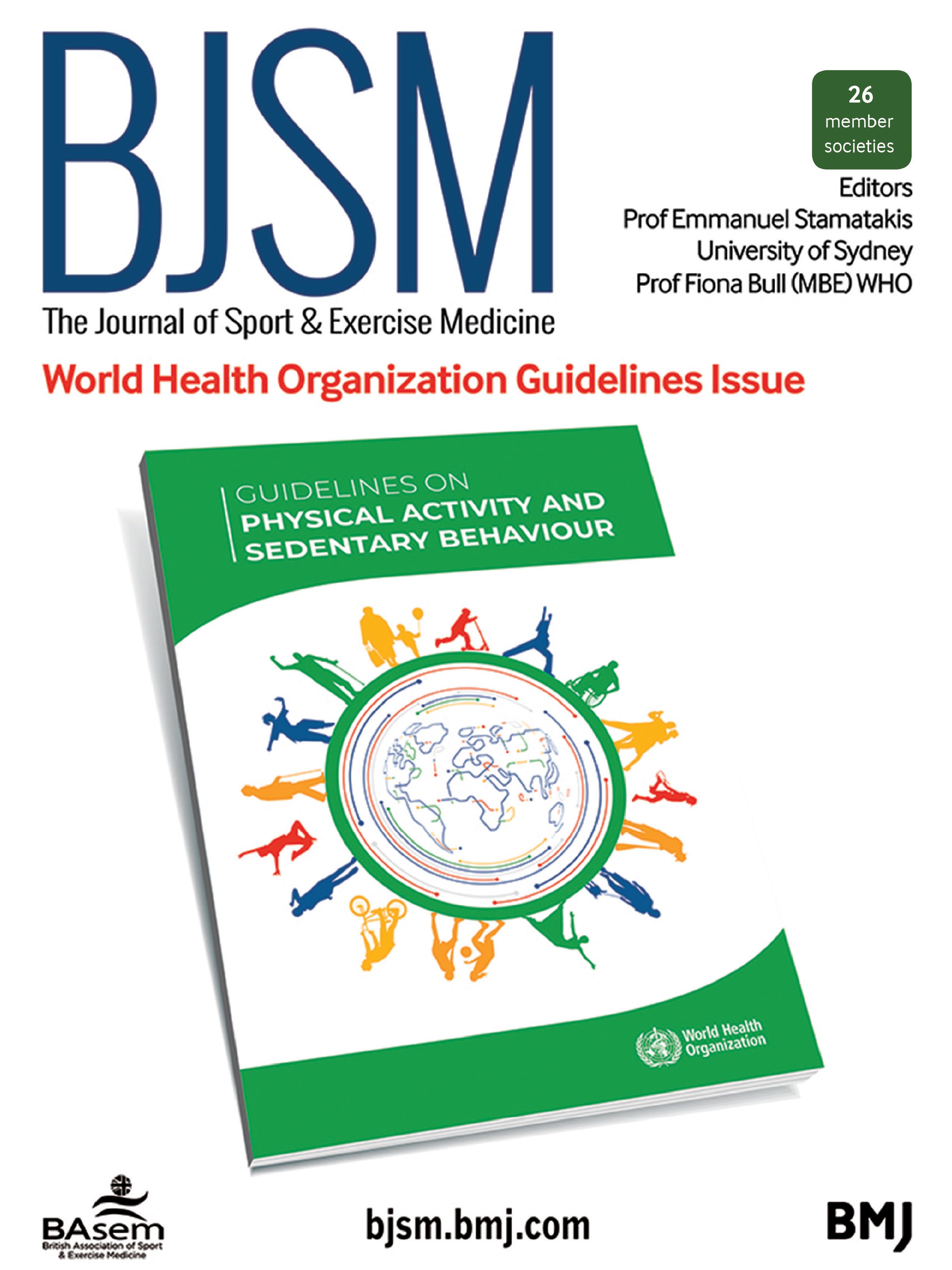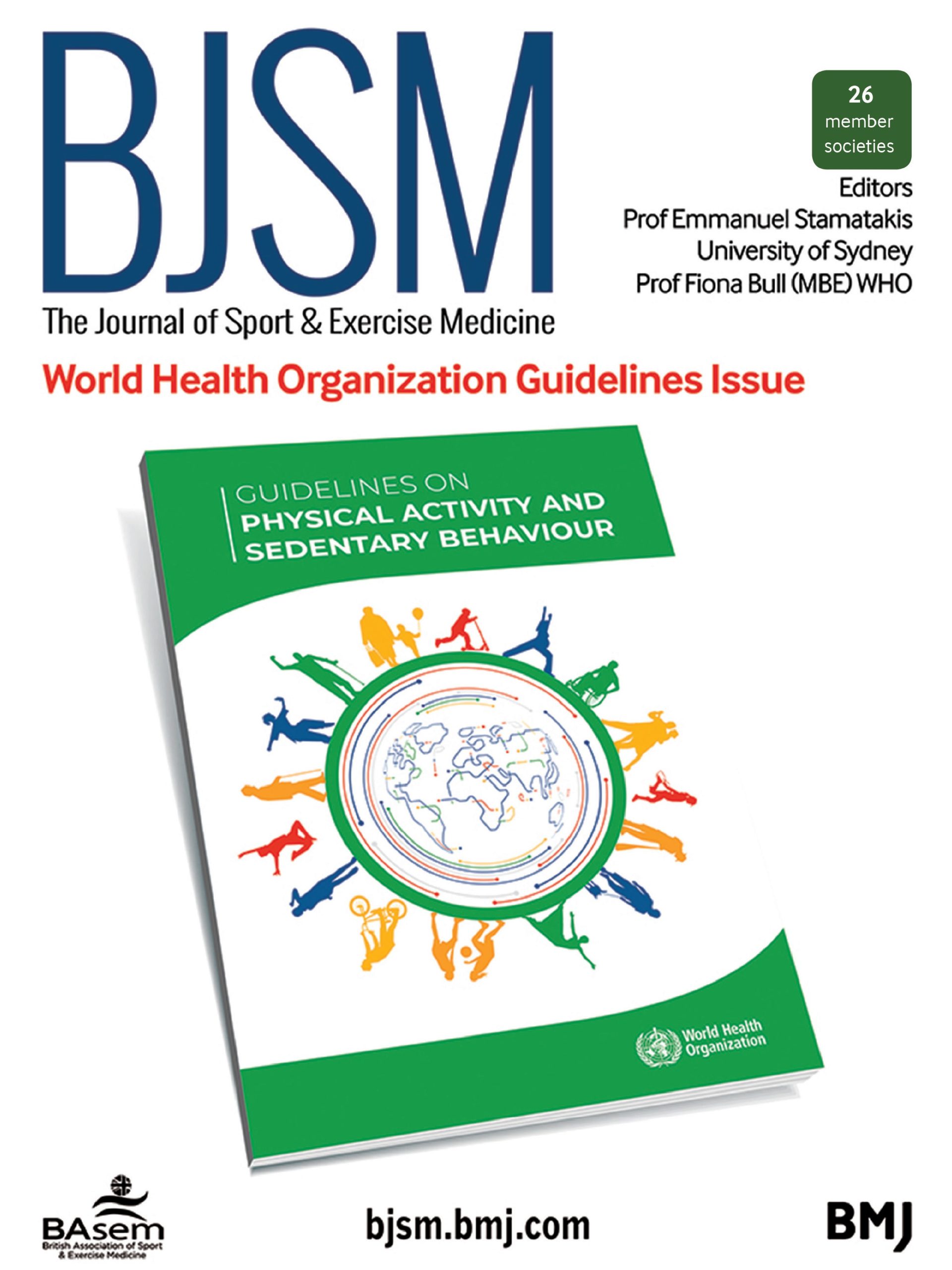
### Overcoming the Hurdles of a Family Doctor: Emphasizing Self-Care
Consider a family doctor who endures 12-hour shifts filled with intricate cases and never-ending paperwork. They might skip meals, miss their child’s performance, and linger late to complete their documentation. Patient interactions feel hurried, leaving the doctor feeling emotionally drained and irritable. As they drive home in fatigue, the physician questions if medicine was the right career path! The role of a physician is often viewed as a vocation, and when it begins to resemble “just a job,” signs of distress can surface.
Doctors constantly deal with stress from lengthy hours, crucial decisions, and emotional demands. Heightened administrative pressures, an unbalanced work-life situation, and diminished access to support and independence lead to emotional fatigue. Without intentional self-care, this stress can foster burnout, deteriorating health, and may even influence longevity.
A review by Park and McElveen in *The American Surgeon* in 2025 asserts, “A systematic self-care strategy, emphasizing sleep, followed by nutrition and exercise, effectively mitigates stress in surgeons.”
#### Approaches to Self-Care Rooted in Lifestyle Medicine Principles
1. **Focusing on Sleep: The Cornerstone of Resilience**
– Lack of sleep disrupts cortisol and insulin balance, exacerbating fatigue, mood disturbances, and metabolic issues.
– Adhering to regular sleep–wake patterns, even on days off, helps improve circadian rhythms.
– Sleep hygiene: minimize caffeine intake after early afternoon, implement a 20-minute relaxation routine before bed including a digital break, and maintain a cool, dark sleeping environment. Utilize blackout curtains and eye masks if working night shifts.
– Example: A resident who transitions from screen time to a 20-minute guided meditation post-shift may report significantly improved sleep quality within weeks.
2. **Nutritious Eating: Energy for the Mind and Body**
– Once sleep quality is maximized, the focus should shift to nutrition. Skipping meals or depending on vending machine snacks can lead to fluctuations in blood sugar.
– Regular meals that integrate lean proteins, healthy fats, fiber-rich carbohydrates, and a variety of colorful fruits and vegetables.
– More mindful caffeine and sugar consumption, like choosing green tea or dark chocolate when necessary.
– Ensure proper hydration—carry a 20-ounce water bottle and aim to refill it throughout the day.
– Example: A doctor who prepares meals in advance and exchanges sugary snacks for fruits and nuts may experience more stable moods during extended shifts.
3. **Physical Activity: Prioritizing Aerobic Exercise with Intensity Options**
– Exercise is crucial for managing mood and physiological stress reactions.
– Daily physical activity: brisk 30-minute walks, stair climbing, or brief stretching sessions between patients.
– Designed workouts: HIIT or short sprints to enhance cardiovascular stamina.
– Mind–body techniques: yoga, tai chi, or deep-breathing exercises to alleviate stress.
– Example: A physician engaging in a 10-minute yoga routine between shifts could find relief from back pain and increased calm in challenging conversations.
#### Practical Tips for Busy Health Professionals
– **Begin Gradually:** Start with 15-minute daily walks, one additional glass of water each day, or lights out 20 minutes earlier than usual.
– **Institutional Assistance:** Advocate for wellness initiatives at work—sleep pods, healthy meal options, group exercise opportunities.
– **Peer Support:** Create physician support networks or self-care “buddy” systems.
– **Monitor Progress:** Utilize sleep or activity tracking apps to oversee self-care habits.
#### Final Thoughts
Self-care is not a luxury; it is a crucial strategy for enduring health. Physician self-care through lifestyle medicine presents a scientifically validated, practical approach. Regrettably, many other healthcare professionals also grapple with self-care challenges. Although these recommendations are based on research into physician wellness, they can readily apply to nurses, therapists, and other clinical team members aiming for sustainability in medicine. By dedicating themselves to the sleep–nutrition–exercise triad, clinicians can alleviate stress, bolster professional resilience, and enhance both personal and patient outcomes.
*Kim Downey is a physician advocate and physical therapist. Ziya Altug is a physical therapist and health coach. Shirish Sachdeva is a physical therapist.*
